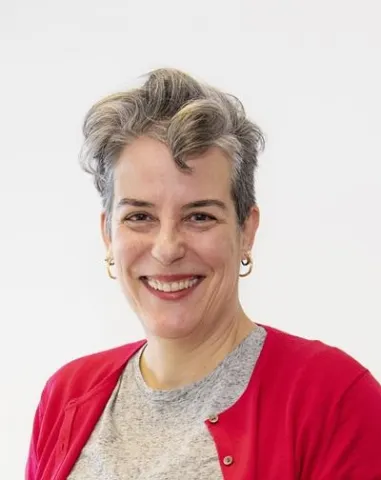Project overview
In an arresting photograph circulating on social media, Zambian writers Namwali Serpell and Ingrid Nayame stand together, smiling at the camera. The picture underlines their similarities: both are accomplished African authors with new novels to promote. Yet those novels participate in very different circuits of book production and circulation. Serpell has been published by Penguin Random House and reviewed by Salman Rushdie, the grand old man of postcolonial world literature. Nayame is a self-published author who publicises her work on Facebook. Yet she, too, has had international recognition: she has held a prestigious writing residency at the Rhodes University in South Africa, as part of a research project into Africa's popular urban imaginaries. It is not at all a given that most readers in South-Eastern Africa would favour Serpell's work over Nayame's, despite the difference in their Anglobal visibility and prestige. Is it possible to apprehend the literary and cultural value of Serpell's work without taking Nayame's into account, and vice versa?
Similar questions could be asked in relation to other texts and locations South-Eastern Africa - a region unevenly represented in the African literary canon. The Textual Worlds of South-Eastern Africa Network assembles a core team of academics based in the UK and in the region itself, in order to reconsider and re-assert the value of local cultural forms and practices in the light of recent scholarship. We are engaged in a sustained conversation on how to bring into dialogue two usually separate fields: 'world' and 'postcolonial' literature' on the one hand, and 'African popular culture' on the other. In recent years, new definitions of world literature have problematized its unquestioning identification with globalization (Warwick Research Collective 2015, Cheah 2016). At the same time, the 'popular turn' in African cultural studies has exposed gaps and imprecisions in influential definitions of 'the African popular' (Newell and Okome 2014, Barber 2018). The Network asks: what might be gained from a systematic study of overlaps (usually overlooked) as well as divergences (usually taken for granted) between the formal properties, meanings and social functioning of locally and Anglobally circulating texts and forms from South-Eastern Africa?
The Network is led by Dr Ranka Primorac at the University of Southampton, UK, with Prof. Grace Musila (University of the Witwatersrand, South Africa), Dr Brendon Nicholls (University of Leeds, UK) and Dr Lynda Spencer (Rhodes University, South Africa) as partners. We will hold two symposia within two years; the Network makes provision for each event to be attended by literary and cultural practitioners (based both on and away from the African continent) and PhD students (from South-Eastern Africa and UK), as well as scholars. We aim to pave the way for a more in-depth study of the links between systems of textual production and dissemination, genres, modes of reading and taste formation across select nodes of cultural production in and beyond Africa's South-Eastern region. We are aware that, in reconsidering the scholarly orthodoxy on Africa's 'popular' and canonical texts and contexts in the light of recent theoretical debates, we are rethinking the meanings of 'African literature' itself.
Similar questions could be asked in relation to other texts and locations South-Eastern Africa - a region unevenly represented in the African literary canon. The Textual Worlds of South-Eastern Africa Network assembles a core team of academics based in the UK and in the region itself, in order to reconsider and re-assert the value of local cultural forms and practices in the light of recent scholarship. We are engaged in a sustained conversation on how to bring into dialogue two usually separate fields: 'world' and 'postcolonial' literature' on the one hand, and 'African popular culture' on the other. In recent years, new definitions of world literature have problematized its unquestioning identification with globalization (Warwick Research Collective 2015, Cheah 2016). At the same time, the 'popular turn' in African cultural studies has exposed gaps and imprecisions in influential definitions of 'the African popular' (Newell and Okome 2014, Barber 2018). The Network asks: what might be gained from a systematic study of overlaps (usually overlooked) as well as divergences (usually taken for granted) between the formal properties, meanings and social functioning of locally and Anglobally circulating texts and forms from South-Eastern Africa?
The Network is led by Dr Ranka Primorac at the University of Southampton, UK, with Prof. Grace Musila (University of the Witwatersrand, South Africa), Dr Brendon Nicholls (University of Leeds, UK) and Dr Lynda Spencer (Rhodes University, South Africa) as partners. We will hold two symposia within two years; the Network makes provision for each event to be attended by literary and cultural practitioners (based both on and away from the African continent) and PhD students (from South-Eastern Africa and UK), as well as scholars. We aim to pave the way for a more in-depth study of the links between systems of textual production and dissemination, genres, modes of reading and taste formation across select nodes of cultural production in and beyond Africa's South-Eastern region. We are aware that, in reconsidering the scholarly orthodoxy on Africa's 'popular' and canonical texts and contexts in the light of recent theoretical debates, we are rethinking the meanings of 'African literature' itself.
